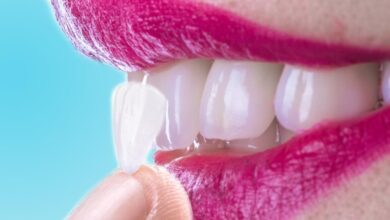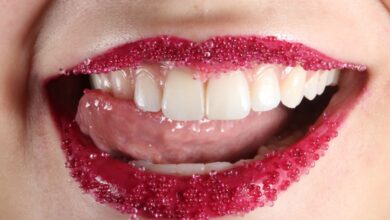What Causes Crooked Teeth in Children?
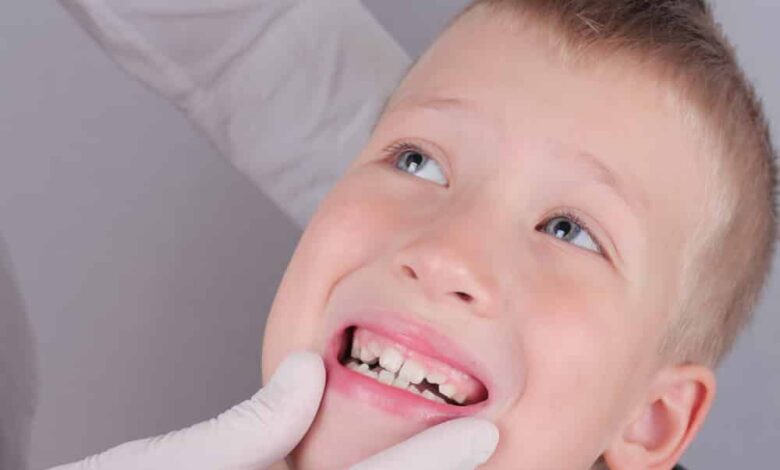
When we first hear the word crooked, the first thing that comes to our mind is not good. That’s why we don’t want our children to have anything crooked. Parents are responsible for ensuring their children are healthy and happy. Often, a child’s teeth will be crooked or unevenly spaced. A new tooth will appear regularly throughout growth, serving as a visual marker of each stage.
If the size of your child’s new teeth exceeds the amount of accessible bone in his or her jaws, they may develop tooth crowding or misalignment. If there isn’t adequate or enough space for them to approach in a straight line, they will deviate, overlap, and enter at an angle. This article will address the reasons for and remedies for children with crooked teeth.
How Our Teeth Develop
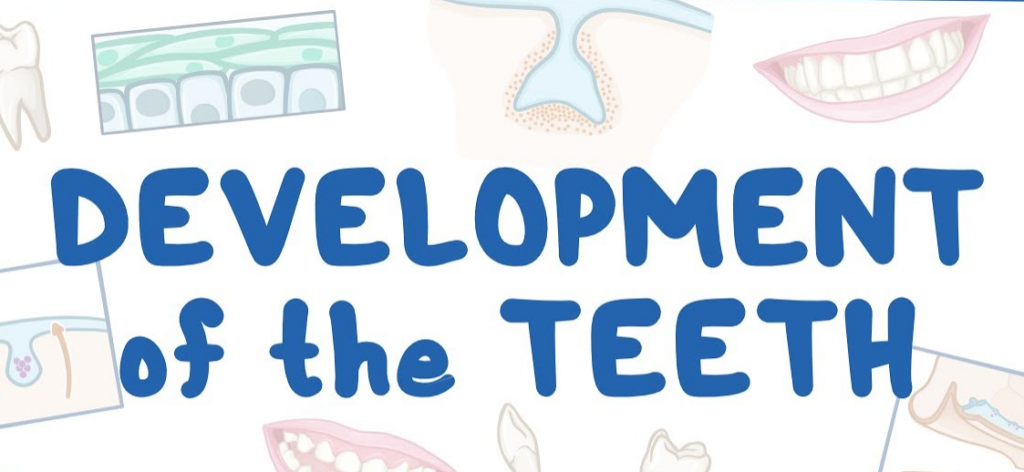
When we start to see that our child is now developing new sets of teeth, we parents feel joy, curiosity, and fear simultaneously. This is because teeth development can also cause a lot of pain to our child. It can take up to three years for your child’s first teeth to fully sprout, which may be thrilling and stressful for you and your kid. Everyone who has dealt with a teething baby knows how challenging it can be. Your kid will begin to lose their primary teeth around the age of six.
The baby teeth fall out when the permanent adult teeth are ready to replace them. By age 14, most of us have all 28 of our permanent teeth. This is why you shouldn’t worry much if you see your child’s teeth as crooked; they will eventually fall off and be replaced. However, as an adult, you can visit the dentist and ask for recommendations on how to fix it.
What Are the Main Causes of Crooked Teeth
Crooked teeth are considered normal for children, but even if it is normal, complications still result from this. If you know the practical causes, you can prevent them from happening.
Lack of Dental Care
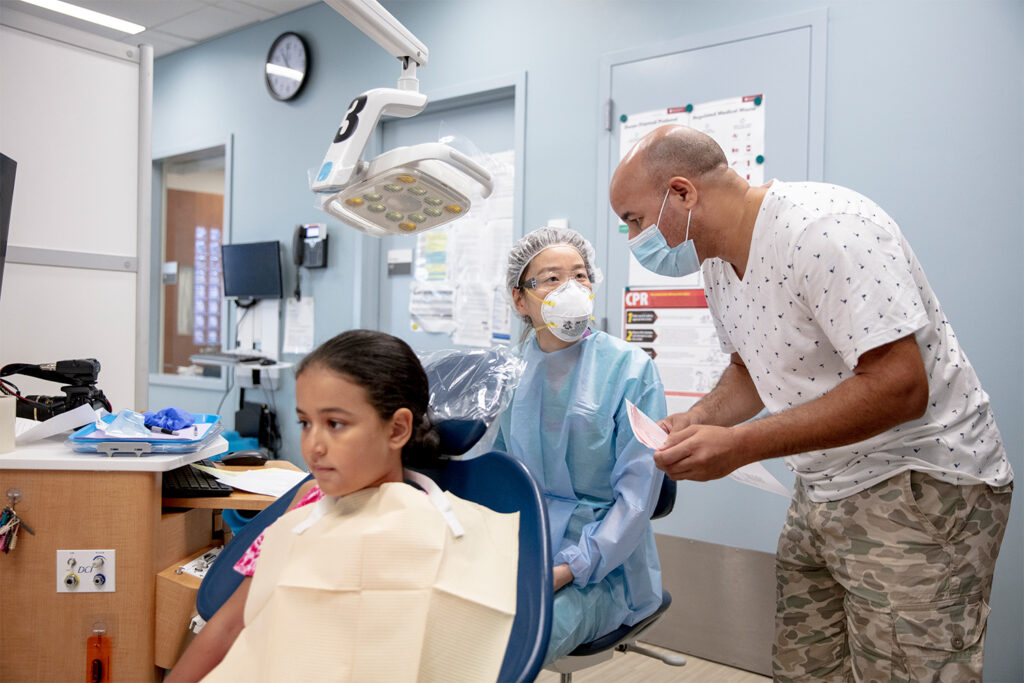
Crooked permanent teeth in children, like in adults, may result from decay or trauma. Infant teeth are vital, and more parents should be aware of this. Cavities and gum disease may cause premature loss of an infant’s teeth. There is a chance that the replacement teeth will not fit properly. If you don’t see a dentist at least once a year, problems like cavities and gum disease might worsen. This could result in tooth misalignment and other dental issues.
Not Getting Enough Nutrition
A nutritious diet is essential for a developing child. Crooked teeth can be caused by tooth decay and incorrect dental growth, particularly in growing children who have not been fed a balanced diet.
Physical Trauma
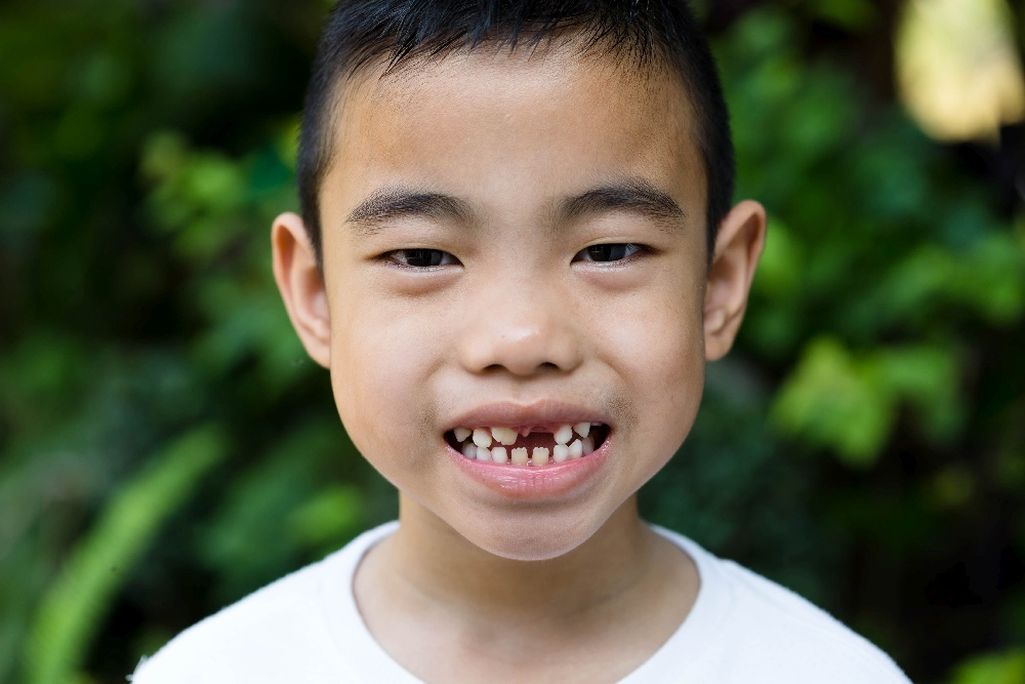
Children are considered to have a lot of energy in general. They participate in many playtime and activities that need them to move about. In certain people, a traumatic event such as a fall or anything else that causes a fracture to the face can be the root cause of various medical disorders, including tooth misalignment. After experiencing a blow to the face or mouth, one or more teeth may become crooked.
Childhood Behaviors
Some childhood actions can pave the way for the development of crooked teeth throughout adolescence and maturity. Chewing on one’s thumb, using a pacifier for an extended amount of time, or creating a habit of pressing one’s tongue against one’s front teeth can force teeth out of alignment permanently, resulting in misalignment of the teeth.
Jaw Size
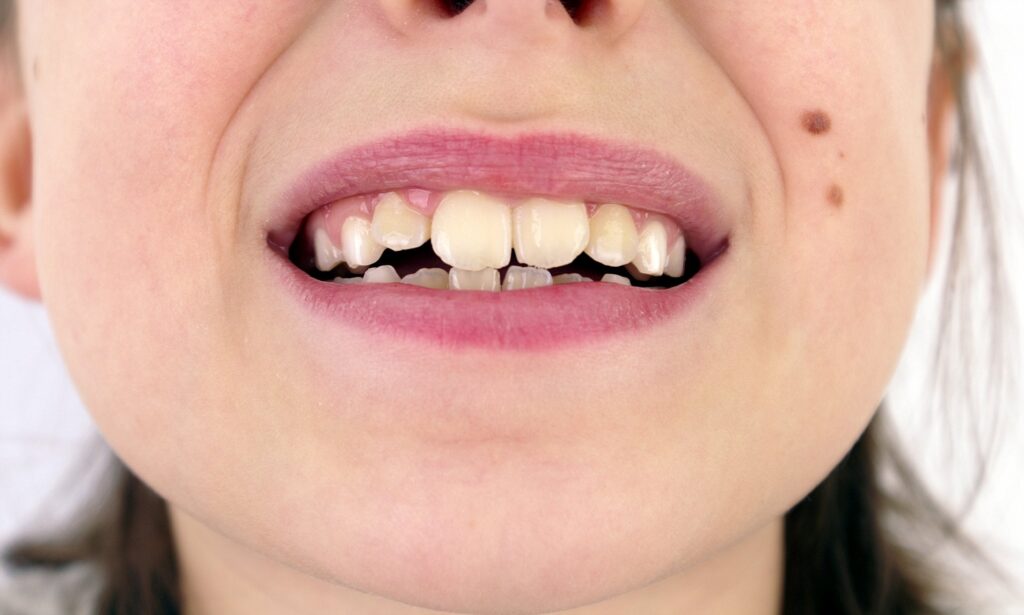
Many children eat mushy, processed foods that do not require as much chewing as the ones our forefathers ate. As a result of this change, the size of our jaws has shrunk. Humans’ shorter jaw is regarded to be the fundamental cause of dental disorders such as crowding, crookedness, and misalignment.
What Can Be Done about Crooked Teeth?

The first step in correcting crooked teeth is to schedule an appointment with a dentist. X-rays and a comprehensive inspection of the patient’s teeth and bite are frequently performed during dental examinations. They should be able to determine whether the problems the child is experiencing are temporary or long-term. Unless the child is clearly in pain or has difficulty speaking or eating, parents are often advised to wait and monitor how their child develops. The dentist will check in one or two years to see if the issues have improved or worsened.
An orthodontist may propose one or more of the following procedures to a patient who has crooked teeth:
- Metal braces
- Ceramic braces
- Invisible braces
- Lingual braces
- Retainers and Headgear
- Teeth-straightening surgery
- Palatal Expanders
- Extraction
If you are still on the look for the best dentist and need help finding any in your location, try the pediatric dentist in Burke, VA. They can provide several services to assist your youngster with crooked teeth. They also offer other professional treatments to help your youngster prevent dental problems. The type of surgery, location, and health insurance will influence your out-of-pocket costs for these treatments. Hence, if you are unsure whether your child has crooked teeth, check with them to alleviate your concerns.
Wrapping It Up

In other cases, crooked permanent teeth do not necessarily cause concern. Your primary dentist may refer you to a specialist known as an orthodontist. When parents find their children’s new permanent teeth are misaligned, they should make an appointment with their usual dentist. If you ask for advice, they will tell you to wait if they believe the problem will resolve itself. They can also recommend the child to an orthodontist in the neighborhood for the necessary consultation.

